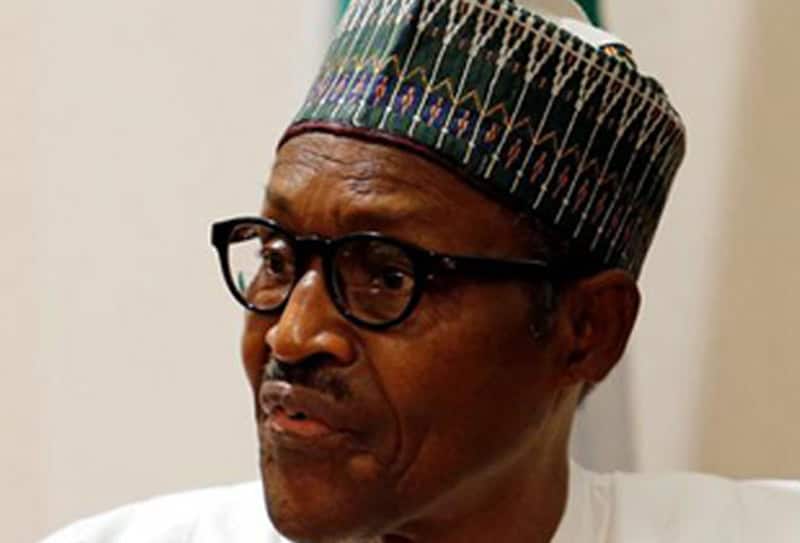Abuja: Nigeria’s President Muhammadu Buhari on Sunday put the fight against corruption at the heart of his bid for another four-year term, as official campaigning got under way for elections next year.
Voters go to the polls on February 16, four years after Buhari’s landmark victory which saw him become the first opposition candidate in Nigerian history to defeat a sitting president.
The 75-year-old former military ruler goes into the vote with the power of incumbency but facing a groundswell of opposition to his record in office since 2015.
At a campaign launch in the capital Abuja on Sunday he maintained he had delivered on his promises to improve security, the economy and tackle corruption.
But he accepted there was still work to do so everyone can benefit, not just the few, adding: “Our choices will shape us, our economic security and our future prosperity.
“Nigeria, more than ever before, needs a stable and people-focused government to move the agenda for our country forward.”
– ‘Existential threat’ –
Soon after coming into office, Buhari pledged to recover what he said were “mind-boggling” sums of public money stolen during previous administrations.
His anti-corruption campaign, however, has yet to secure any high-profile convictions while his opponents accuse him of mounting a political witch-hunt.
On Sunday, he said graft remained “an existential threat” and that despite some gains, “there is still much ground to cover to stop systemic corruption”.
“We are committed to deepening the work we started this first term such that the nation’s assets and resources continue to be organised and utilised to do good for the common man.”
Buhari also put job creation, diversifying the economy away from a dependence on oil, and education as central planks of his campaign.
All three are seen as important as some 60 percent of Nigeria’s more than 180 million people are aged under 30, and the country is expected to become the world’s third most populous by 2050.
– Two-horse race –
Nigerian electoral law provides for 90 days’ campaigning and Buhari is one of 78 candidates from 91 registered political parties contesting for the country’s top job.
However the campaign is expected to be a two-horse race between Buhari, of the All Progressives Congress (APC), and Atiku Abubakar, of the Peoples Democratic Party (PDP).
Abubakar, a former vice-president under president Olusegun Obasanjo, is seen as having momentum, as disaffection with Buhari has grown within the APC in recent months.
Buhari’s response to an escalation of violence in the long-running resource conflict between farmers and herders in central states has been perceived as lukewarm.
His political opponents — even within the APC — have accused him of using the security and anti-corruption agencies to target them, leading to a wave of defections.
– Violence warning –
Nigerian elections since the country returned to civilian rule in 1999 after decades of military control have been characterised by deadly political violence.
The 2015 election was notable for being largely peaceful, despite threats of attacks from Boko Haram in the northeast.
Security concerns, from the resurgent farmers-herders conflict to Boko Haram and bubbling unrest in the oil-rich south, along with political tensions are stoking fears this time round.
Buhari urged all candidates and their supporters “to go about their campaigns peacefully and decently”.
“We have no other country, let us not set it ablaze because of politics,” he added.
Twenty-four countries and the European Union meanwhile called for “free, fair, transparent and peaceful elections” as campaigning began.
“We urge all involved –- political and non-political actors –- to refrain from using hate speech and take a firm stance against violence,” they said in a joint letter.
The signatories, including the United States, Britain, France and Germany, said they were “gravely concerned” about vote-buying, intimidation and interference in recent state governorship elections and party primaries.
[source_without_link]AFP[/source_without_link]

